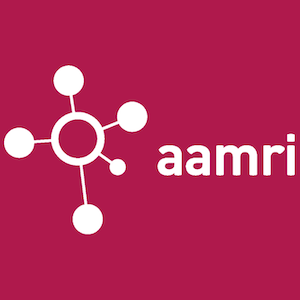A widely held view is that governments rely heavily on polling to make decisions. Our experience, drawn from liaising with MPs, government agencies and stakeholders, is that polling is infrequently drawn upon and that MPs will often rely on anecdotal evidence – people who contact the MP directly through their offices being one example.
At the same time, available opinion polling can be skewed when it is produced by an entity with an active interest who might shape the questions toward a preferred result. A gap for neutrally framed detailed polling exists.
In the same sense that independent budget offices exist, this project aims to test whether there is merit in a non-partisan, non-aligned polling office created for parliamentarians. Are the results of a new polling format useful to MPs and can this lead to better decision making?
newDemocracy typically avoids public opinion exercises, with our focus being on public judgment models where people get more time to think before responding. We view this project as a bridge between the two, especially as it will test some novel elements. Central to this is not simply testing those in favour of or opposed to a given reform, but also eliciting their strength of view and level of knowledge (which is also quite tricky to do!). Where the level of knowledge is low – and potentially when the level of knowledge correlates to differences in view – we may find ideal markers for where deliberative processes could be of value to a government. Also, as MPs see value in deeper levels of insight from citizens this should create interest in progressively deeper and deeper methods being trialled.
The project originated as an idea from the Susan McKinnon Foundation, a fellow organisation exploring how we can do democracy better with an emphasis on better training political leaders and having more data-driven decisions. The concept was subsequently approved by the newDemocracy Foundation’s Research Committee having seen that this offers something new and novel which has not previously been attempted and which, if successful, would have a brought public benefit. The Susan McKinnon Foundation donated to cover the full cost of this project, which is expected to be $580,000. The majority of the cost is for three different polling firms to develop an approach and run large scale (n=3000) tests.
The research commenced in July 2021 and is expected to conclude by January 2022.



